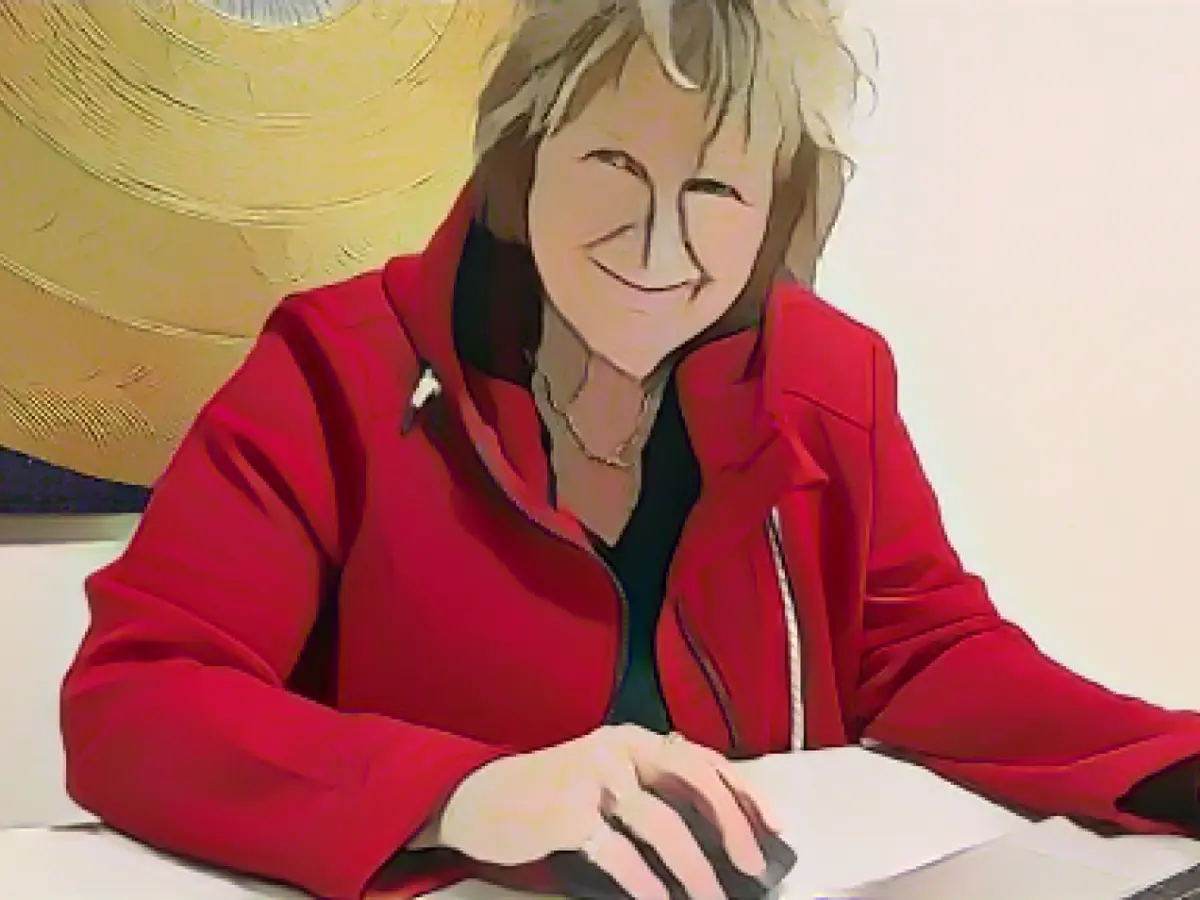Society - Happiness researcher: "Happiness is less of an issue at the moment"
Crises, wars, conflicts: according to Trier happiness researcher Michaela Brohm-Badry, the question of happiness hardly plays a role in these times. "Happiness is less of an issue at the moment. It's more about how we can get through these stressful times," she told the German Press Agency. Many people are unsettled by the multitude of crises. "And uncertainty leads to great fears, which can ultimately make people ill," said the neuroscientist in Trier.
"What we clearly have is a multiple crisis" that is taking place on many different levels. On the one hand, there is the individual level, where people are worried about their future due to rising prices and costs, for example. In addition, there is a perceived international threat due to the wars in Ukraine and Gaza. There is also the global climate crisis. "This is already an exceptionally stressful time," said Brohm-Badry.
It is important not to give the crises too much space. "What's really important at the moment is confidence. To remain confident in the face of this," said the scientist, who is President of the German Society for Positive Psychological Research. However, this is only possible with a change of perspective: "You should look at what gives me security and peace of mind. What are positive ways to get out of stress?" If you only fixate on the crises, you mentally "reinforce the negative drive".
Research has shown that people who are committed to helping others on a small scale get through crises better. For example, by volunteering or helping out in the neighborhood. "When we realize we can contribute something, it helps," she said. Because every connection and networking with other people makes us stronger.
"So the focus has shifted from individual happiness to resilience and contributing to the bigger picture. The word confidence is more appropriate today than the word happiness," said Brohm-Badry. "Confidence and strengthening mental resilience are the most effective ways of surviving the crisis to some extent."
In addition, "the increasing blurring of boundaries" in people's everyday lives is leading to more uncertainty and stress: between analog and digital, between work and private life. "We are constantly available for employers, but also for friends. The opportunities for retreat have diminished," said the Professor of Teaching and Learning Research at Trier University. This development has been accelerated by the coronavirus pandemic.
Many studies have said that "the very clear separation of work and life at home" is "one of the most beneficial things". Brohm-Badry: "We have to find these private retreats for ourselves again in order to have a sense of security."
Michaela Brohm-Badry
Read also:
- A clan member is punished here
- Traffic lawyer warns: Don't talk to the police!
- Will he be convicted as Jutta's murderer after 37 years?
- He also wanted to kill his cousin
- Despite the numerous crises, such as the ones in Ukraine and Gaza, people in Germany are still seeking ways to be happy during this time of crisis, according to the German Press Agency.
- Michaela Brohm-Badry, a happiness researcher based in Trier, highlighted that the focus has shifted from individual happiness to resilience and contributing to the bigger picture during a crisis.
- The German Society for Positive Psychological Research's President, Brohm-Badry, suggested that focusing on strengthening mental resilience and confidence can help individuals survive crises more effectively.
- In the Rhineland-Palatinate city of Trier, Brohm-Badry, a professor of Teaching and Learning Research, pointed out that the blurring of boundaries in people's everyday lives is leading to more uncertainty and stress.
- The increasing intertwining of digital and analog life, as well as the absence of clear work-life boundaries, has made it harder for individuals to find moments of relaxation and retreat, according to Brohm-Badry.
- Volunteering or helping out in the neighborhood have been shown to help people get through crises better, according to research, as it provides a sense of purpose and connection to others, similar to the sentiment expressed by the German Press Agency.
Source: www.stern.de








